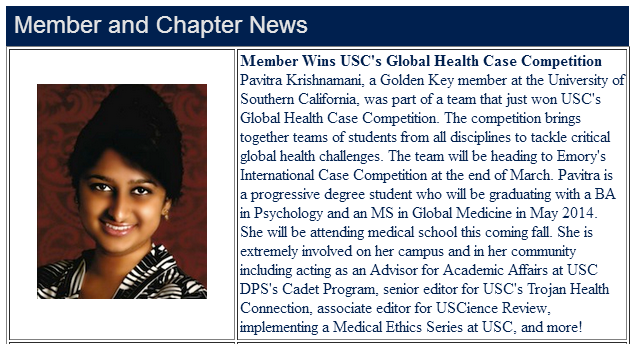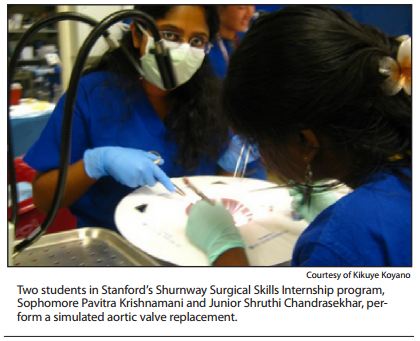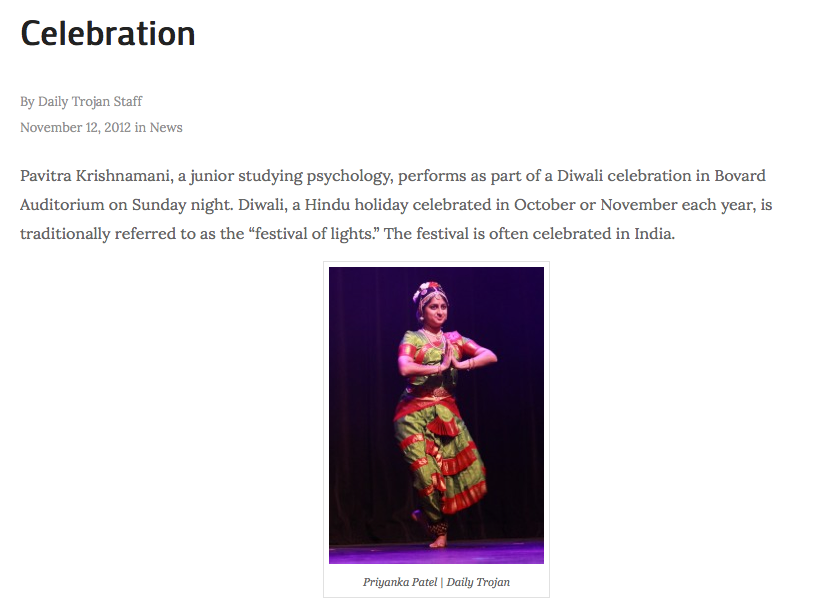In the Media.
In my time as a clinical fellow, I have found that UX design and medicine are both fueled by empathy and a strong sense of inquisitive curiosity. As healthcare becomes increasingly patient-centered, our solutions to the challenges we face in the clinical world and healthcare delivery must absolutely follow in the same vein."
People want people taking care of them when they’re in their most vulnerable state." |
AI - artificial intelligence - is changing our lives every day, and it is poised to change the nature and environment of my work as a physician in the future. So, I'm glad to be a part of that change. For our patients' experience to be brighter in the hospital of the future, we need to design solutions with both patients and providers in mind. And with a successful collaboration, we can infuse AI into healthcare to enhance human connection instead of replacing it." |
Being a fellow at the Levan Institute for Humanities and Ethics gave me an opportunity to use what I had learned at USC to make a real impact on my campus. With the Levan Institute's support, I was able to create an informal curriculum—ZYGO—to help bring to USC's campus an interactive medical ethics educational experience that my colleagues agreed was necessary. As a medical student now, the experiences I had designing and launching ZYGO greatly influence the way I discuss ethical concerns with my colleagues and shape the conversations that I have with my patients."
The students in our generation are the leaders of the future - whether it be in religion, science, academia, or public service. The goal of most college conferences is to bring together these leaders to foster a sense of community and open up channels of communication. Numerous conferences accomplish this, but there has never been a college-pioneered conference for Hindu student leaders across the USA to come together and discuss issues that their group faces in today's day and age. We [USC HSO] venture into this uncharted territory by presenting this revolutionary conference in order to provide this type of enriching environment through a day of open discussion and insight from current leaders in the field." |
This chair is a sign of USC’s expanding diversity. It helps students get a more varied view on the world while inside our gates. We have always had a large population of Hindu students, but I don’t think we have been properly represented in USC’s academia prior to this appointment.” |



